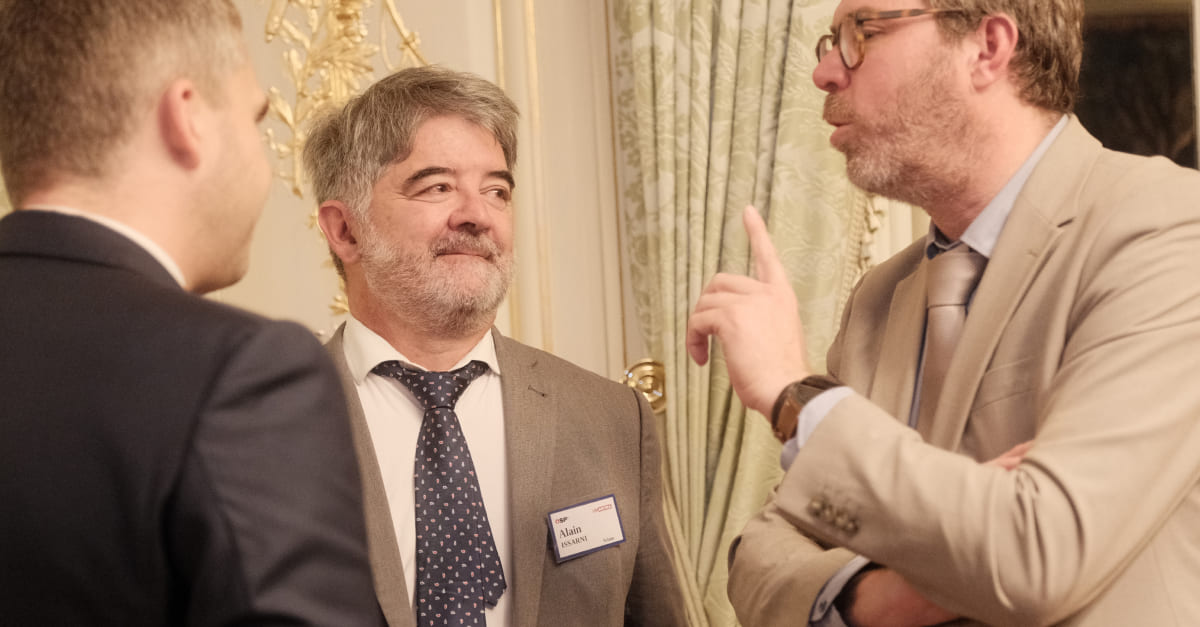" In the early 2000s, one could say, no CIO was ever fired for choosing IBM. Today, we could transpose that: no CIO has ever been dismissed for picking a major American player.”
The 9th edition of Open Source Pro, held at the Cercle de l'Union Interalliée, was not just an evening event—it was a genuine act of conviction. Its purpose was to bring together CIOs, public decision‑makers, entrepreneurs, and builders of the European digital ecosystem around a central question that we have been asking for more than 25 years:
“Until when will we let others write our digital future?”
Because talking about digital sovereignty is no longer enough. We must move from words to action, forge alliances, and give our ecosystems the means to achieve independence.
That is the purpose of this series of conferences: to create a clear‑headed and courageous dialogue space where digital actors can speak frankly, share their limits, and jointly imagine credible alternatives to GAFAM domination.
Among the strong voices of that evening was Alain ISSARNI, President of SCIAM, a French company at the forefront of AI and Java development. His message is clear and unambiguous:
“More than 80 % of all digital purchases—whether cloud or digital services in general—come from the United States. The issue is not to ban the Americans; it is that the level of dependency is simply too high.”.
These words hit the mark. They echo what many think privately: dependency is not inevitable; it is a habit.
And as long as our institutions, companies, and decision‑makers are not ready to take that measured risk—choosing differently—no true sovereignty will be possible..
This is also reinforced by our president Alexandre Zapolsky:
“Digital sovereignty is an absolutely essential issue. Today, we are completely dependent on American software and cloud services.”
At LINAGORA, this message resonates deeply. We share the conviction that we must dare to break with the status quo, empower CIOs with the means and courage to trust their local ecosystems, and together build sustainable alternatives..
Because it is together that we can turn this awareness into a genuine movement of action.


